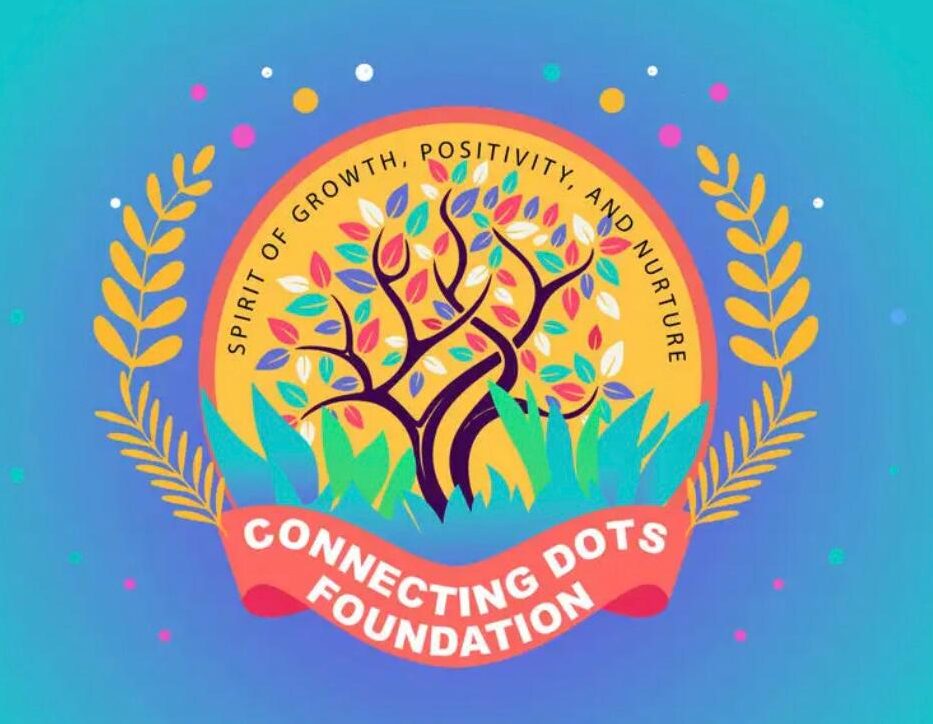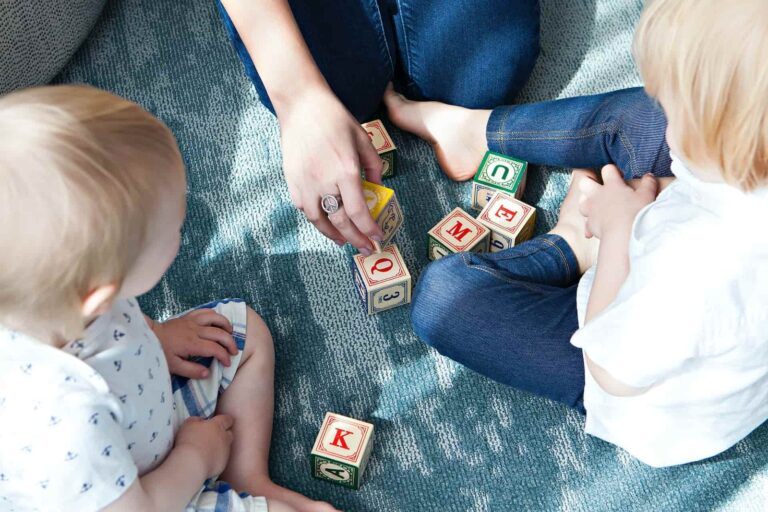If you think your child has autism, or you have a new diagnosis for your child, know you aren’t alone. There are supports available for your child, and for your family.
What is autism?
If you think your child has autism, or you have a new diagnosis for your child, know you aren’t alone. There are supports available for your child, and for your family.
Autism is a lifelong developmental disorder. Autism affects approximately 1 in 100 people, and is more prevalent in males than females. Evidence shows early intervention makes a difference to a child’s development, helping them to develop important skills and encourage independence, the ability to communicate and opportunities for inclusion. We don’t want to ‘fix’ autism; we want to help children overcome the disabling aspects of autism to live their best lives.
Autism is part of a spectrum that is often referred to as Autism Spectrum Disorder (ASD). Autism affects everyone differently; while some people are able to live relatively typical lives, others may require ongoing specialist support and care.
However, people with autism experience challenges in two main areas:
Social interaction and social communication, including decoding body language and verbal communication, reciprocal conversation, emotional and social reciprocity, and managing structured parts of the day
Restrictive and repetitive patterns of behaviors or interests, including rituals and routines, and experiencing hyper- or hypo-sensitivity to sensory input
If you’re concerned your child isn’t developing typically, it’s important to investigate this with a trusted medical or health professional. If your child does have autism, working towards a diagnosis early will ensure your child and family can access appropriate supports, giving your child the best chance to develop essential life skills and live their best lives.

What’s the problem?
Diagnosing Autism Spectrum Disorder
ASD can be diagnosed by any trained health professionals who observes an individual for specific behaviors relating to social communication and restricted / repetitive behaviors and interests.
Most commonly, children are assessed by a pediatrician on referral from a general practitioner (GP). Children can be assessed and diagnosed from a very early age—sometimes even under the age of two. Generally, expected developmental milestones will guide when parents choose to consult with a GP.
No doubt you’ll have many questions, and it can be a daunting task to research the various interventions that are available and decide on the right approach for your family. Call our friendly team on 780 600 1917 if you’d like advice on what your next steps should be if you suspect a diagnosis of autism, to access a plan and funding for your child, or if you would simply like more information about Connecting Dots Foundation.



